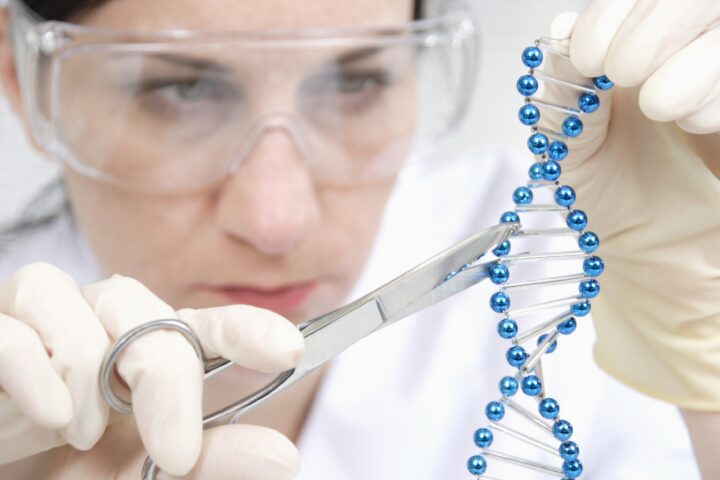
Making vanilla flavoring out of plastic waste
Using bacteria, researchers in Scotland have succeeded in making vanillin out of plastic waste. This opens up the possibility of transforming plastic waste into a product that is in demand all over the world, thereby benefiting both the environment and food producers.
Wednesday, October 27, 2021
Plastic waste is becoming an increasingly serious problem for the environment. It takes several hundred years for polyethylene terephthalate (PET), which is used to make plastic bottles, to completely decompose. So more and more plastic is ending up in the world’s oceans, posing a threat to numerous living creatures. As the Swiss newspaper “20 Minuten” reported, Scottish researchers have found a beneficial way to use plastic waste. They have modified E. coli bacteria to transform the terephthalic acid found in PET into vanillin. Vanillin is the flavoring agent contained in the vanilla bean, and is used primarily in the food and cosmetic industries, but also in the production of herbicides, defoaming agents and detergents. In terms of sheer quantity, vanillin is the most sought-after flavoring in the world.
Megatrend: Resource scarcity, Ecology
The potential of synthetic biology
An experiment showed that the bacteria the researchers had modified in the laboratory transformed 79 percent of the terephthalic acid found in discarded plastic bottles into vanillin. According to the scientists, this substance is suitable for human consumption, although more evidence is still needed. They point out that this method is the first use of a biological system to transform plastic waste materials into a valuable industrial chemical. This highlights the great potential of synthetic biology with respect to sustainability and plastics recycling.
Sources
Recycling agricultural waste materials
The recycling of waste materials is also a topic of discussion in agriculture. Reusing plant waste products makes environmental sense, and is part of resource-efficient production. The Clariant company has developed a process for making biofuels from straw or bagasse (residue from sugar production). The benefits are obvious, as such fuels produce 95 percent fewer greenhouse gas emissions than traditional fossil fuels, and their production does not require burning food crops or appropriating arable land.
Related articles

Genetic scissors for the future – soon in Switzerland too?
Genome editing is seen as a promising way to make agriculture more sustainable and climate-resilient. But Switzerland is hesitant to approve it. A popular initiative even wants to ban it. But what can CRISPR really do?

Less than 50 percent: How Switzerland is squandering its self-sufficiency
Swiss agriculture is under enormous pressure. Extreme weather conditions, pests and increasingly stringent regulations are putting producers under strain. As a result, self-sufficiency is falling dramatically, especially for plant-based foods. To ensure food security in Switzerland, effective plant protection products are urgently needed.

Only half the truth in the genetic engineering debate
Those who only see the risks remain blind to the opportunities offered by a new technology. Opponents of genetic engineering have presented a new survey on new breeding methods, which reveals some telling gaps.

«The FOAG is abandoning productive agriculture»
Increasing pests, missing tools, growing bureaucracy – the farmers' criticism of the federal government is loud and clear. Swiss agriculture is at its limit, reports Blick. The demand: effective plant protection products are urgently needed again.

